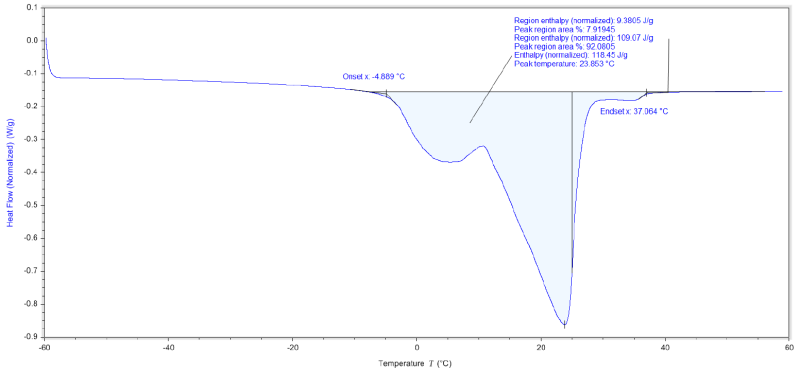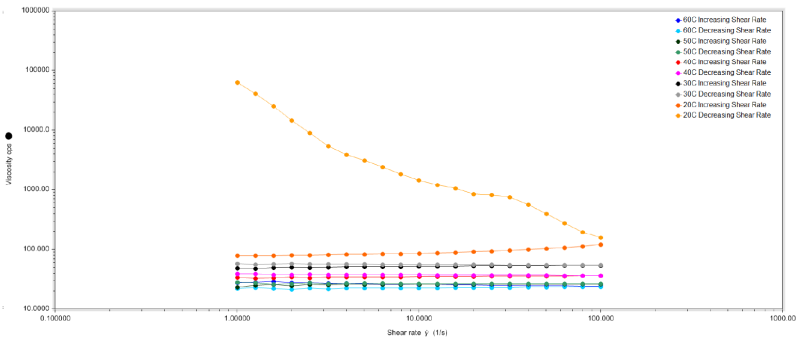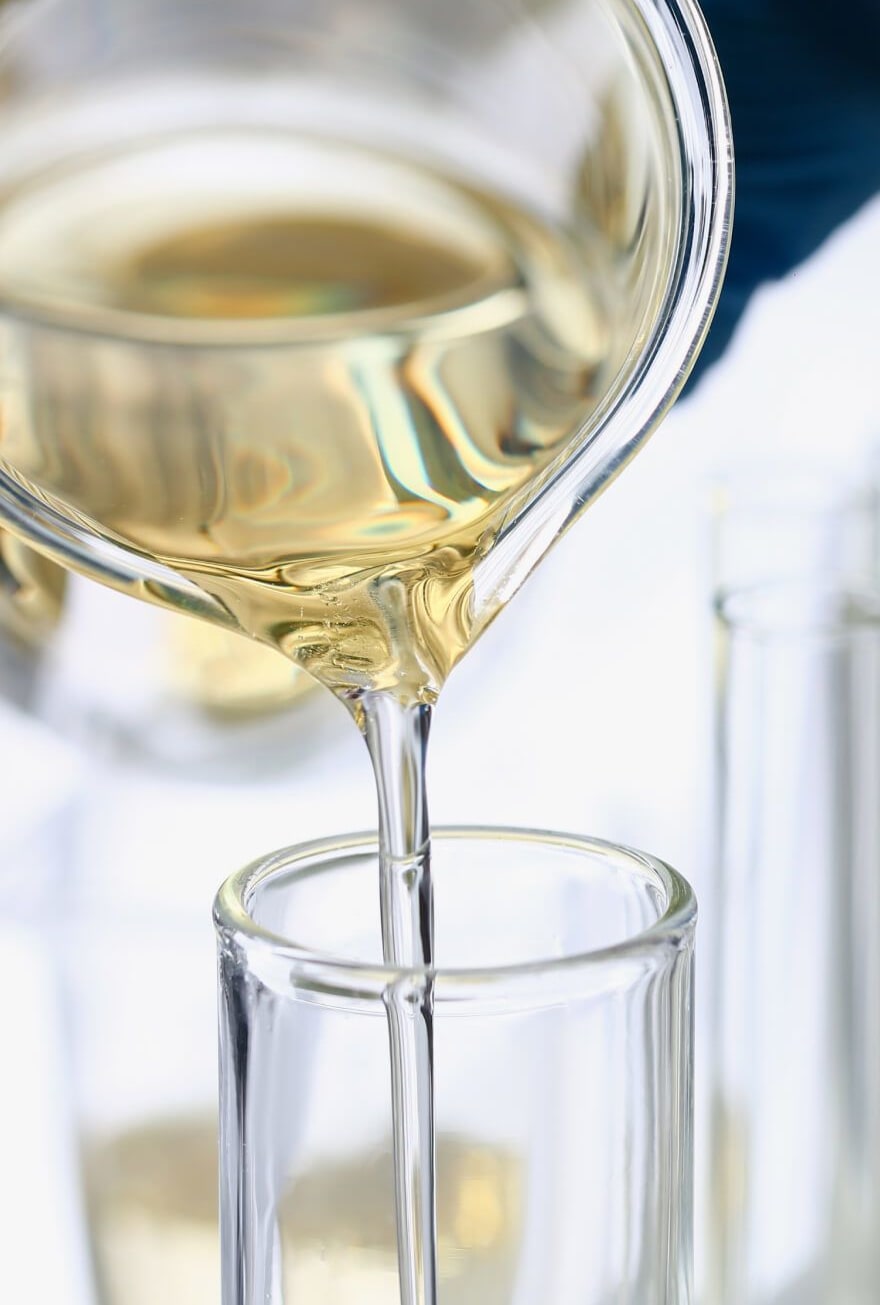Knowde Enhanced TDS
Identification & Functionality
- Chemical Family
- Chemical Name
- Agrochemical Functions
- CAS No.
- 68213-23-0
- EC No.
- 500-201-8
- Technologies
- Product Families
- Chemical Formula
CH₃(CH₂)n-O(CH₂CH₂O)yH
n=7-17, y=10
- Surfactant Type
Nonionic.
Features & Benefits
- Labeling Claims
- Agrochemicals Features
Applications & Uses
- Markets
- Applications
BIO-SOFT NC-10 is a 100% active nonionic surfactant based on coconut oil alcohol used as an emulsifier in a variety of agricultural formulations.
Properties
- Formulation Type
- Physical Form
- Appearance
- White paste to hazy liquid
- Soluble in
- Water, Methanol, Xylene
- Insoluble in
- Kerosene
- Typical Properties
| Value | Units | Test Method / Conditions | |
| Melt Range | -4.89 to 37.06 | ºC | — |
| Density (at 25 °C) | 1 | g/ml | — |
| Melted Quantity (at 25ºC) | 92.1 | % | — |
| Moisture Content | max. 1 | % | — |
| Acid Value | max. 0.5 | mg KOH/g | — |
| Hydroxyl Number | 80-90 | — | — |
| Moles of EO Average | 10 | — | — |
| HLB | 14 | — | — |
| Viscosity (at 50°C) | 100-150 | cPs | — |
| Flash Point | min. 94 | °C | — |
| pH (in 1% Aqueous) | 7 | — | — |
| Cloud Point (in 1% in deionized water) | 88 | °C | — |
| Pour Point | 30-40 | °C | — |
| Regulated Volatile Organic Chemicals (Ethanol) | 0 | % | U.S. EPA |
Regulatory & Compliance
- Certifications & Compliance
- Chemical Inventories
- Clearances
BIO-SOFT NC-10 is approved for use as an inert ingredient under U.S. EPA 40 CFR 180.910, 180.930, 180.940a and 180.960. The international inventories (country clearances) of BIO-SOFT NC-10 can be found in Section 15 of the Safety Data Sheet (SDS). It is the responsibility of the formulator to review the chemical control regulations for each country where the end product is intended to be sold or used.
Technical Details & Test Data
- Melt Point Determination of BIO-SOFT® NC-10

- Rheology of BIO-SOFT® NC-10

Safety & Health
- DOT Classification
- Non-Hazardous
Packaging & Availability
- Standard Packaging
BIO-SOFT NC-10 is available in drum and in bulk quantities.
Storage & Handling
- Storage & Handling
Normal safety precautions (i.e., gloves and safety goggles) should be employed when handling BIO-SOFT NC-10. Contact with the eyes and prolonged contact with the skin should be avoided. Wash thoroughly after handling materials. BIO-SOFT NC-10 which has been stored in drums at temperatures below 24°C (75°F) may thicken and become hazy. It can be cleared and fluidized by warming with a drum heater or in a steam room. Drums should be vented prior to heating to avoid excessive pressure build up. Product temperatures over 54°C (130°F) are not recommended.
Bulk Storage Information
Stainless steel and glass fiber-reinforced polyester tanks are recommended. Many oven-cured phenolic and epoxy/phenolic linings may also be used. Elevated storage temperature may be desirable to maintain ease of pumping. Temperatures up to 54°C (130°F) can be maintained for long periods of time without degradation of the product.
- Workplace Exposure
Occupational exposure can occur primarily through skin contact or via inhalation of vapors and mists. Engineering controls, personal protective equipment, and other workplace practices should be used to control these exposures.

